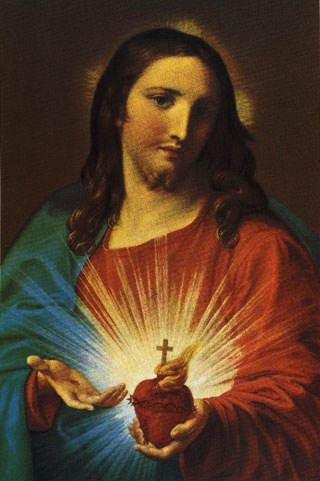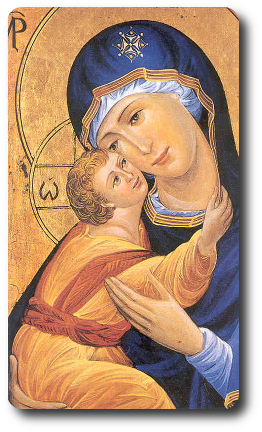Our Thanksgiving visit was going to be perfect. We had the whole thing planned. My daughters, Kara and Gaby, were coming to town. We’d spend four days on the Gulf Coast, three in New Orleans, and three at home in Mandeville. Beach, Zoo, Aquarium, streetcar rides, turkey, babies, fun. Topped off by a romantic dinner and well-deserved night away for Gaby and her husband, Grayson, in celebration of their sixth wedding anniversary. Yes, indeed. Perfect.
Then the bug bit. Ten people, including two babies in diapers, spent the week shuffling between vomit bowls, toilets, and endless mess. “My tummy hurts!” two-year-old Joseph cried as he sat at the kitchen counter. That was after he threw up all over my silk duvet cover.
We skipped Thanksgiving completely; then scrapped anniversary plans. Those of us feeling well enough by Saturday night enjoyed a celebratory meal of take-out Thai food with Gaby, while her spouse lay sick in bed.
“Man proposes, God disposes,” my husband, Mark, said as I lamented the train wreck of a week. “The best laid plans of mice and men,” I responded rolling my eyes.
As we sat at the dinner table with Gaby minus her groom, we discussed just how much she and Grayson had been through since their relationship began. “Four children, six moves, the death of your dad, the separation of Grayson’s parents, cancer, major surgery and MRSA,” I offered, recalling the last seven years, noting that the bulk of those events had happened during the past twelve months. But it was the MRSA—an antibiotic resistant surgery-related staff infection—that brought things to a screeching halt. When it became clear that the cancer wasn’t going to take Grayson’s life, and that MRSA might, all bets were off.
Grayson took the bold step of quitting his job to allow his body much needed time to heal. Then he and Gaby sold their house, bought a camper, and hit the road for a three-month pilgrimage across the country. Their family, which included children ages six, three, two and twelve weeks when they set out, drove six thousand miles through nineteen states, ending their odyssey in Philadelphia for Pope Francis’ visit. After seeing the Pope for the second time on Sunday, they returned to their hotel tired, happy, high, feeling blessed. It was then that they realized it had been exactly one year to the day since Grayson had his cancer surgery, the very event that set the pilgrimage in motion in the first place.
“Seeing the Pope and receiving his blessing was the perfect way to end an incredibly difficult year,” Gaby texted me that night to share her amazement at God’s timing. All I could do was cry, because I could see just how much they’d grown in faith and love as they confronted such serious challenges together through the year; and just how much God had entered into their suffering to transform them and draw them to Himself.
As we talked about the year’s events, I concluded that this Thanksgiving was a great metaphor for the last year of their lives, and that we’d spent it just the right way to remember their anniversary. It was hard, and nothing went according to plan. But God was in the midst of it all.
So what if we hadn’t done everything we’d scheduled on the calendar, or celebrated according to our expectations? The stomach bug had given us the opportunity to spend the week playing tag-team taking care of each other, working together to keep some semblance of tranquility and love flowing through the house. It gave us more time to rest, more time to talk, and more time to rock babies. Indeed, it gave us time to be present to the immediate needs of the present, and time to just sit still. Just like the MRSA had done.
We ended the week by watching a twenty-minute video that Grayson compiled of their amazing cross-country adventure. I was struck not only by the sheer magnitude of magnificent things their family was able to see and experience during what will surely be remembered as the trip of a lifetime, but by the palpable joy on the faces of six people who, for an intentional three months, threw off the demands of the world to find healing and peace.
“Even with getting sick, it’s been really a great visit,” Gaby said as we shared a last cup of cappuccino before their drive back to South Carolina. I had to agree. It was a wonderful visit, with unexpected gifts popping up all over the place.






![Rembrandt, The Return of the Prodigal Son, [Public domain], via Wikimedia Commons](http://static1.squarespace.com/static/5a109eb12278e7c3c199201d/5a3d59d888199e1a31b2479a/5a3d59e588199e1a31b249e0/1513970149810/1024px-Rembrandt_Harmensz_van_Rijn_-_Return_of_the_Prodigal_Son_-_Google_Art_Project.jpg?format=original)







